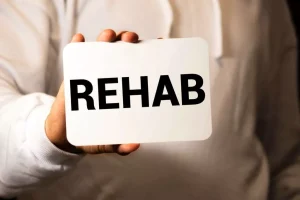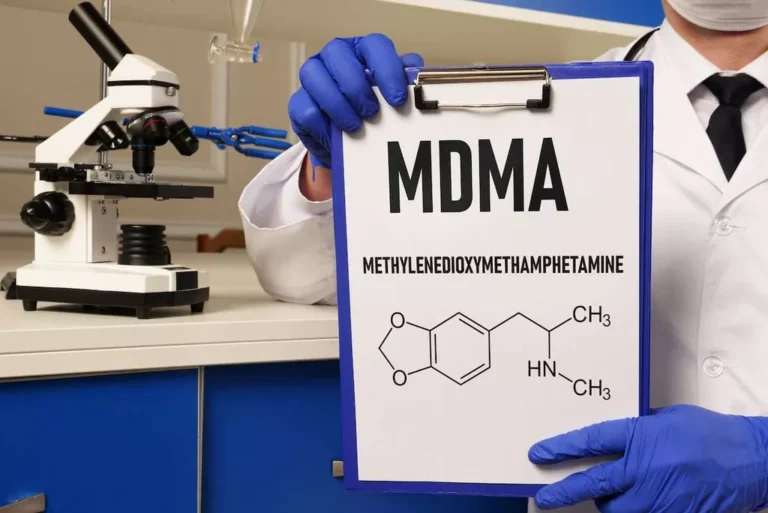
For the planned subgroup analysis based on sex, no studies reported male and female participant data separately. Therefore, we were unable to perform a subgroup analysis based on the sex of participants. In the case of performance bias, we classified six studies as having low risk marijuana addiction of bias, 19 studies as having high risk of bias, and seven studies as having unclear risk of bias. Women should be especially cautious about alcohol, Goldberg says, as they may be more likely than men to develop health problems, particularly among young or middle-aged women who have eight or more drinks a week. “I generally advise patients to try to avoid alcohol intake until we can get the blood pressure controlled,” Goldberg says.
- When they become impaired by alcohol intake, the body might not respond as effectively to changes in blood pressure, leading to persistent high blood pressure.
- This can put a person at risk of becoming ill, getting injured, or dying sooner.
- Research suggests that 74.5 percent of people 60 and older have high blood pressure, compared with 54.5 percent of adults ages 40 to 59.
- First, there was the possibility of undesired bias and imprecision due to imputations of missing statistics.
- Better to be cautious about jumping to conclusions about males, females and body size and the relative effects of alcohol, Dr. Sarraju cautions.
Gourlay 2013 published data only
Because the participant population comprised predominantly young and healthy normotensive men, the overall evidence generated in this review cannot be extrapolated to women and older populations with other comorbidities. This review summarises the acute effects of different doses of alcohol on blood pressure and heart rate in adults (≥ 18 years of age) during three different time intervals after ingestion of alcohol. Drinking excessive alcohol is considered one of the most common causes of raised blood pressure. We wanted to quantify the effects of a single dose of alcohol on blood pressure how does alcohol affect blood pressure and heart rate within 24 hours of consumption. To determine short‐term dose‐related effects of alcohol versus placebo on systolic blood pressure and diastolic blood pressure in healthy and hypertensive adults over 18 years of age. It is a common substance of abuse and its use can lead to more than 200 disorders including hypertension.

Draijer 2015 published data only
This is known to provide a good approximation of the SD of change in BP so is unlikely to lead to bias. Also, only 10 out of 32 studies reported changes in MAP after alcohol consumption along with SE/SD (Buckman 2015; Dumont 2010; Foppa 2002; Karatzi 2005; Karatzi 2013; Kojima 1993; Maufrais 2017; Maule 1993; Narkiewicz 2000; Van De Borne 1997). So, we had to https://ecosoberhouse.com/ calculate missing MAP values from reported SBP and DBP values using the formula mentioned in the protocol and we imputed the SE/SD for those. There is likely a dose‐response effect of alcohol on BP, as the effects of alcohol appeared to last longer with higher doses. We intended to find out the dose‐dependent changes in SBP, DBP, mean arterial pressure (MAP), and HR after consumption of a single dose of alcohol. Because the numbers of included studies that fell into our pre‐specified dose categories were not comparable, we were unable to conduct a comprehensive dose‐dependent analysis.
- For many, a glass of wine or a pint of beer is a cherished ritual, a way to unwind after a long day or celebrate a special occasion.
- The molecular mechanisms through which alcohol raises blood pressure are unclear.
- If you currently have high blood pressure, a doctor may recommend reducing your alcohol intake or avoiding alcohol altogether.
- This is because high blood pressure very rarely causes any obvious symptoms until a serious acute event such as a heart attack or stroke.
Does alcohol increase blood pressure?

That’s partly why people who drink may find that although they’re consuming the same amount they always have, they feel the effects more quickly or strongly — that’s especially true for older women, according to the National Institute on Aging. A slower metabolism also plays a role, as do medications — prescription, over-the-counter, even herbal remedies — that are common among older people. “As you grow older, health problems or prescribed medicines may require that you drink less alcohol or avoid it completely,” the Institute says. If you currently have high blood pressure, a doctor may recommend reducing your alcohol intake or avoiding alcohol altogether.
- Alcoholic drinks, such as beer, spirits and wine, contain the depressant drug ethyl alcohol (ethanol).
- Most studies gave participants 15 to 30 minutes to finish their drinks, started measuring outcomes sometime after that, and continued taking measurements for a certain period, but there were some exceptions.
- RCTs with measurements more than 24 hours after alcohol consumption are needed to see how long the effect of high‐dose acute alcohol consumption lasts.
- Low, moderate, and high alcohol consumption increased heart rate within the first six hours.
- Some people may also need medication to help manage their blood pressure.

This combination of higher fluid levels in the body and smaller blood vessels increases blood pressure. More research is needed on the specific effects of short-term alcohol use on blood pressure in women and people with other health conditions. But a 2021 review suggests that alcohol may have a greater effect on blood pressure in women than in men and a greater effect in Black people than in white or Asian people. Steven Nissen, MD, a cardiologist from the Cleveland Clinic, points out that increasing blood pressure, even in small amounts, increases the risk of stroke.